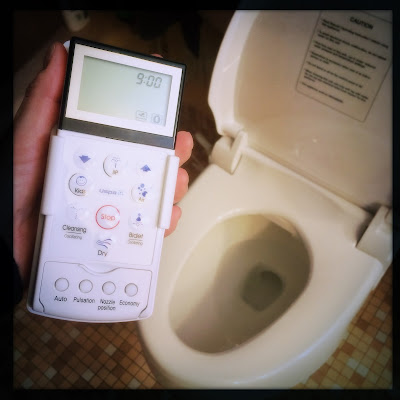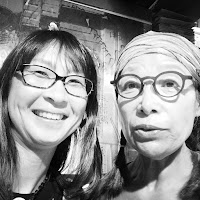This is the first Christmas in my home without my father’s infectious laugh and his many unnecessary packages.
My father was a work-a-holic. He loved his job as, first, an ER nurse, then as a nursing supervisor. His co-workers were the family with whom he spent his holidays. He always worked Christmas. I would beg him to take a holiday off and spend it with us when we were closer; he did so only once after retiring briefly. (He returned to work shortly thereafter.)
That last Christmas, he gave his co-workers all flashlights, his trademark gift. My sister and I, plus our kids and spouses, always received new flashlights. On New Year’s Day, we FaceTimed, and he told me how tired he was. I, again, asked him to take it easy and rest. He told me his time on the Earth was shortening. Daughter deafness overcame me. I told him not to talk about death and that he would be around a long time, just like his mother. That was the last conversation I had with him.
This summer, I decided to try working for national retail companies.
Since moving to the midwest seven years ago, I was finally able to secure a job. For seven years, this white liberal town was closed to me, a woman with a Latina name and professional roots in the South. My years of working as a college professor and a graphic designer meant nothing.
My curriculum vitae would be looked over and tossed aside. Few letters of rejection arrived. The occasional form email might come, and when I responded asking for frankness in what I lacked, I was met with the “we had so many qualified applicants.” I had two interviews in the seven years of my searching.
One year, I would receive an email asking me to set up an interview time with a local technical college. I had submitted my CV in response to a call in the Chronicle of Higher Learning. This was exciting! When I responded with my preferred times, an email quickly responded …
“… This is difficult. I’ve never had to do something like this before. I accidentally selected your name to send the interview for and it should have been someone else. I selected from a long list and just grabbed the wrong e-mail address. Unfortunately, you were not selected to be interviewed for this position. We had an extremely competitive pool of over 50 very well qualified candidates. Bringing this down to a small number to interview was very difficult.”
I would bounce back and cause a stir on a national level. The national community would look to me for my words as an adoptee, but once again there would be no reimbursement. My adoptee voice was useful … but not enough to cut a check.
This holiday season, I worked on Christmas Eve. It was busy and stress-filled. But through all this, I found a new family in my co-workers. As an adoptee, I have learned to find family where I can, but I am reminded of my father’s love for his work “family.” I recall that he, too, was far from his childhood memories in Puerto Rico.
My soul swims in sorrow on the holidays. There is a silence in my home without the voices from my childhood. There are no more cards or calls from Mama and Papito. They are no longer here.
I reflect on two people who gave all they had to leave me joyful memories. From here, I pass my father’s joy and spirit to those at work who have welcomed me with hugs and jests. They filled my days this year with the joy I have been seeking for quite some time now. It is nice to finally have found a home with them.
Happy Holidays.











